The Dictionary of Classical Hebrew Revised. IV. Yodh–Lamedh.
The Dictionary of Classical Hebrew Revised. IV. Yodh–Lamedh.
The Woman of Courage: A Womanist Reading of Proverbs 31
The Woman of Courage: A Womanist Reading of Proverbs 31
The First Japanese Bible, and its Role in the Emergence of Modern Literary Japanese
The First Japanese Bible, and its Role in the Emergence of Modern Literary Japanese
Reading the Landscape of Ezekiel 40-48: A Theology of Resilience
Reading the Landscape of Ezekiel 40-48: A Theology of Resilience
Jonah’s Motive in the Light of Exodus 32–34
Chanreiso Lungleng offers a favourable insight into the motivation and concerns of Jonah. This monograph pivots on the significance of Jonah 4.2 with the contention that the allusion to Exodus 32–34 unveils Jonah’s motive—zeal for God’s glory—which is otherwise assumed in the narrative.
Although the book of Jonah has received much attention in recent years—with many describing Jonah using terms such as ‘bigoted nationalist,’ ‘chauvinist,’ ‘jingoist,’ ‘anti-prophet,’ ‘satirical comic character,’ ‘hypocrite,’ and others—Lungleng argues that Yahweh’s attribution of the virtue of ‘pity’ to Jonah in Jonah 4.10 provides a key insight into Jonah’s character. Lungleng’s fresh exploration of Jonah’s character against the backdrop of Exodus 32–34, leads to several interesting discoveries. Collectively, these insights form a coherent exposition of this prophetic book. This provides the foundation for understanding that Jonah’s interactions with Yahweh and other characters in the narrative are motivated by a concern for the defence of God’s glory. And yet where Jonah’s zealous concern is for maintaining God’s reputation, Lungleng interprets the interchange with Yahweh, as divine guidance to Jonah that God’s glory is most radiantly revealed in showing compassion—even to Nineveh, a Gentile city—rather than in the protectionist approach of the prophet.Jonah’s Motive in the Light of Exodus 32–34
Chanreiso Lungleng offers a favourable insight into the motivation and concerns of Jonah. This monograph pivots on the significance of Jonah 4.2 with the contention that the allusion to Exodus 32–34 unveils Jonah’s motive—zeal for God’s glory—which is otherwise assumed in the narrative.
Although the book of Jonah has received much attention in recent years—with many describing Jonah using terms such as ‘bigoted nationalist,’ ‘chauvinist,’ ‘jingoist,’ ‘anti-prophet,’ ‘satirical comic character,’ ‘hypocrite,’ and others—Lungleng argues that Yahweh’s attribution of the virtue of ‘pity’ to Jonah in Jonah 4.10 provides a key insight into Jonah’s character. Lungleng’s fresh exploration of Jonah’s character against the backdrop of Exodus 32–34, leads to several interesting discoveries. Collectively, these insights form a coherent exposition of this prophetic book. This provides the foundation for understanding that Jonah’s interactions with Yahweh and other characters in the narrative are motivated by a concern for the defence of God’s glory. And yet where Jonah’s zealous concern is for maintaining God’s reputation, Lungleng interprets the interchange with Yahweh, as divine guidance to Jonah that God’s glory is most radiantly revealed in showing compassion—even to Nineveh, a Gentile city—rather than in the protectionist approach of the prophet.Irony in the Divine Response to Job
The interrogation by Scott Xu of the ironic motifs in the divine response to Job offers a new understanding of the Book of Job’s questions surrounding suffering. Xu offers a thorough investigation and analysis of the different levels and aspects of irony in Job, particularly in the closing chapters (Job 38–42). The use of irony, Xu proposes, is designed to respond to the key issue in Job that has plagued readers and scholars over the ages, namely that of innocent suffering.
Prior to this monograph, there has been no in-depth study of irony, beyond at a verbal level; nor had the book’s theological concerns—in relation to irony—been sufficiently addressed. Nearly a century of Joban scholarship on irony demonstrates a growing literary appreciation of the book of Job, but leaves much to be desired such as methodological uniformity. A survey of previous studies on irony in the book of Job is conducted and critical gaps are identified. A sophisticated framework of irony is established and then applied to the divine speeches and the Epilogue.
The result of this analysis is the discovery that the Book of Job can be understood as suggesting that an innocent sufferer can have a positive understanding of their suffering as well as of their relation with the divine. Fundamental to this interpretation is the revelation of a God who responds to the issue of innocent suffering in ingenious ways, whose pride cannot be threatened, but who nevertheless identifies with the human situation and is even capable of self-irony. In conclusion, the completed interpretive lens that is offered enables the reader to see irony itself as the divine response to the issue of innocent suffering.
Irony in the Divine Response to Job
The interrogation by Scott Xu of the ironic motifs in the divine response to Job offers a new understanding of the Book of Job’s questions surrounding suffering. Xu offers a thorough investigation and analysis of the different levels and aspects of irony in Job, particularly in the closing chapters (Job 38–42). The use of irony, Xu proposes, is designed to respond to the key issue in Job that has plagued readers and scholars over the ages, namely that of innocent suffering.
Prior to this monograph, there has been no in-depth study of irony, beyond at a verbal level; nor had the book’s theological concerns—in relation to irony—been sufficiently addressed. Nearly a century of Joban scholarship on irony demonstrates a growing literary appreciation of the book of Job, but leaves much to be desired such as methodological uniformity. A survey of previous studies on irony in the book of Job is conducted and critical gaps are identified. A sophisticated framework of irony is established and then applied to the divine speeches and the Epilogue.
The result of this analysis is the discovery that the Book of Job can be understood as suggesting that an innocent sufferer can have a positive understanding of their suffering as well as of their relation with the divine. Fundamental to this interpretation is the revelation of a God who responds to the issue of innocent suffering in ingenious ways, whose pride cannot be threatened, but who nevertheless identifies with the human situation and is even capable of self-irony. In conclusion, the completed interpretive lens that is offered enables the reader to see irony itself as the divine response to the issue of innocent suffering.
Character Development in MT Esther
Character Development in MT Esther
Jacob: Conflicted Twin, Aggrieved Patriarch
George Savran brings his narrative interpretive approach to look closely at Jacob’s shifting identity. Jacob is indelibly linked to his brother Esau in the Genesis narrative, and their complex relationship as twins foregrounds this problematic connection. Jacob’s lineage is examined—he differs noticeably from his ancestors and his offspring in the complexity of his changing character. At times he is a “simple man” at the mercy of the demands of others; elsewhere he is a devious trickster eager to use his wits to achieve personal success. His search for a coherent identity, as it unfolds in this study, leads to his emergence as the patriarch of his family, compelled to make peace with his brother and his sons in the midst of ongoing conflict.
This study brings out how Jacob’s mature identity is clarified further by his reactions to three unusual and unexpected encounters which shed light on his ability to recalibrate his self-understanding.
- The first is his struggle with the man/angel at the Jabbok, where he receives a blessing with the name Israel, and comes to realize that his relationship to God is more complicated (and less predictable) than he had previously thought.
- An additional insight comes the following day during his reunion with Esau, as he learns to appreciate him in a new way and compares beholding his face to “seeing the face of God”. This is a remarkable admission by a brother who thought only the worst of his twin.
- Jacob’s rethinking his own self-importance emerges later in the Joseph story, when he is compelled to realizes that his insistence on his personal concerns will lead to the dissolution of his family.
Savran’s interpretation of these reactions underscores their significance in Jacob’s development, revealing a character of depth and resilience and giving new meaning to his role as the avatar of Israel.
Jacob: Conflicted Twin, Aggrieved Patriarch
George Savran brings his narrative interpretive approach to look closely at Jacob’s shifting identity. Jacob is indelibly linked to his brother Esau in the Genesis narrative, and their complex relationship as twins foregrounds this problematic connection. Jacob’s lineage is examined—he differs noticeably from his ancestors and his offspring in the complexity of his changing character. At times he is a “simple man” at the mercy of the demands of others; elsewhere he is a devious trickster eager to use his wits to achieve personal success. His search for a coherent identity, as it unfolds in this study, leads to his emergence as the patriarch of his family, compelled to make peace with his brother and his sons in the midst of ongoing conflict.
This study brings out how Jacob’s mature identity is clarified further by his reactions to three unusual and unexpected encounters which shed light on his ability to recalibrate his self-understanding.
- The first is his struggle with the man/angel at the Jabbok, where he receives a blessing with the name Israel, and comes to realize that his relationship to God is more complicated (and less predictable) than he had previously thought.
- An additional insight comes the following day during his reunion with Esau, as he learns to appreciate him in a new way and compares beholding his face to “seeing the face of God”. This is a remarkable admission by a brother who thought only the worst of his twin.
- Jacob’s rethinking his own self-importance emerges later in the Joseph story, when he is compelled to realizes that his insistence on his personal concerns will lead to the dissolution of his family.
Savran’s interpretation of these reactions underscores their significance in Jacob’s development, revealing a character of depth and resilience and giving new meaning to his role as the avatar of Israel.
The Shorter Dictionary of Classical Hebrew Revised
The Shorter Dictionary of Classical Hebrew Revised
Song of Songs in Sense, Sound and Space
Song of Songs in Sense, Sound and Space
Ancient Israel, Judah, and Greece: Laying the Foundation of a Comparative Approach
Ancient Israel, Judah, and Greece: Laying the Foundation of a Comparative Approach
Ecclesiastes
Ecclesiastes
Trauma Theories: Refractions in the Book of Jeremiah
Trauma Theories: Refractions in the Book of Jeremiah
A Distraught Prophet and Other Performance Readings in Jeremiah
A Distraught Prophet and Other Performance Readings in Jeremiah
Nahum: A Trauma for a Trauma
- Is it not against humanitarianism to believe in such a revengeful God?
- Or is it perhaps worse: to adopt this idea to justify human acts in the many traumatising conflicts that determine our age?
Nahum: A Trauma for a Trauma
- Is it not against humanitarianism to believe in such a revengeful God?
- Or is it perhaps worse: to adopt this idea to justify human acts in the many traumatising conflicts that determine our age?


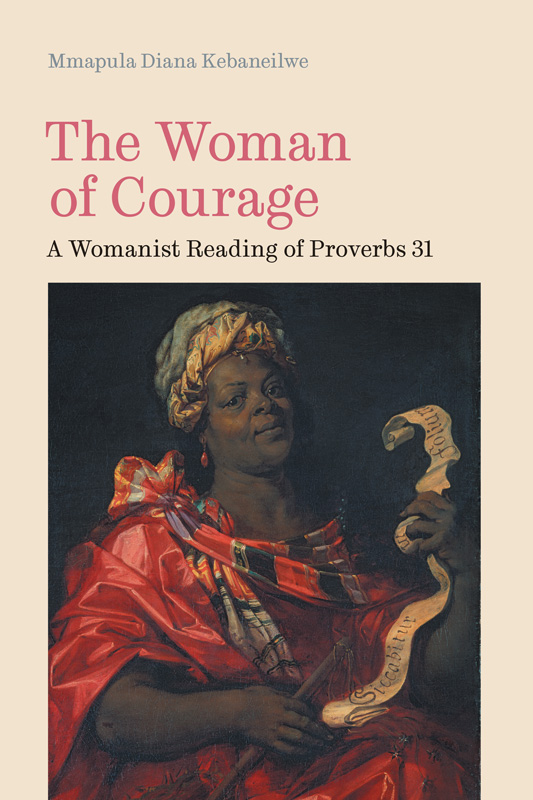
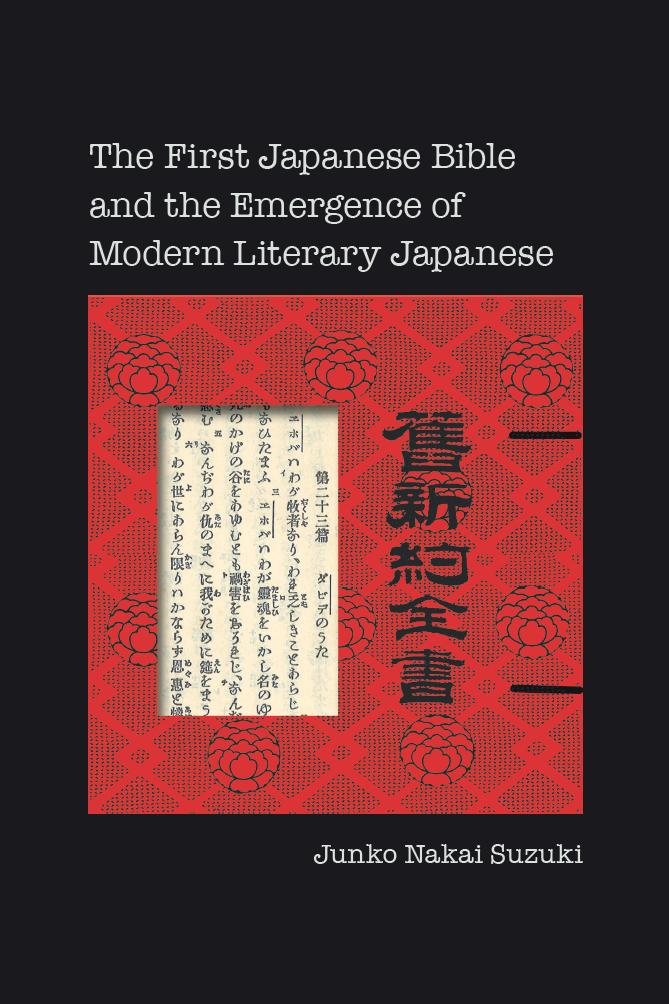
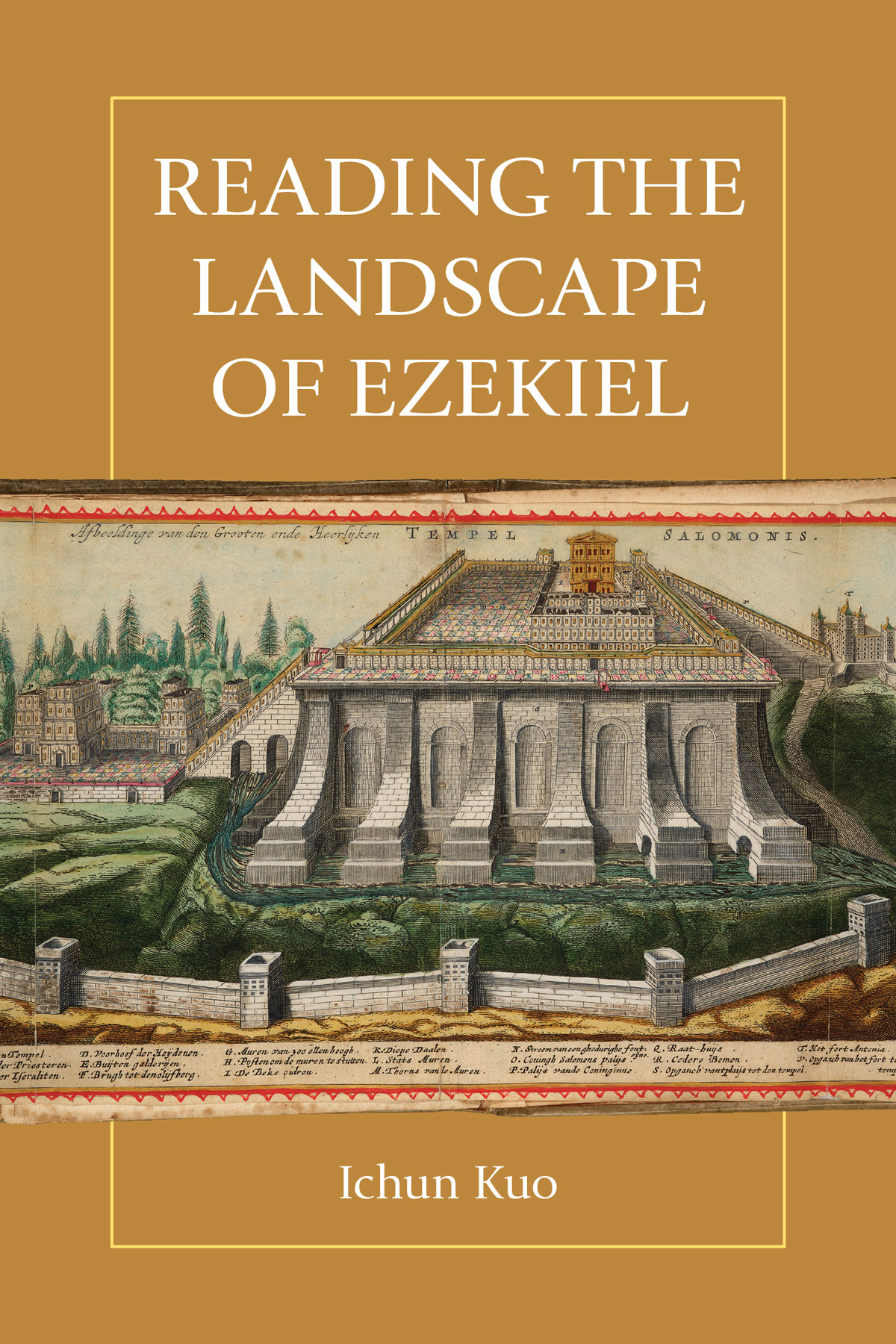
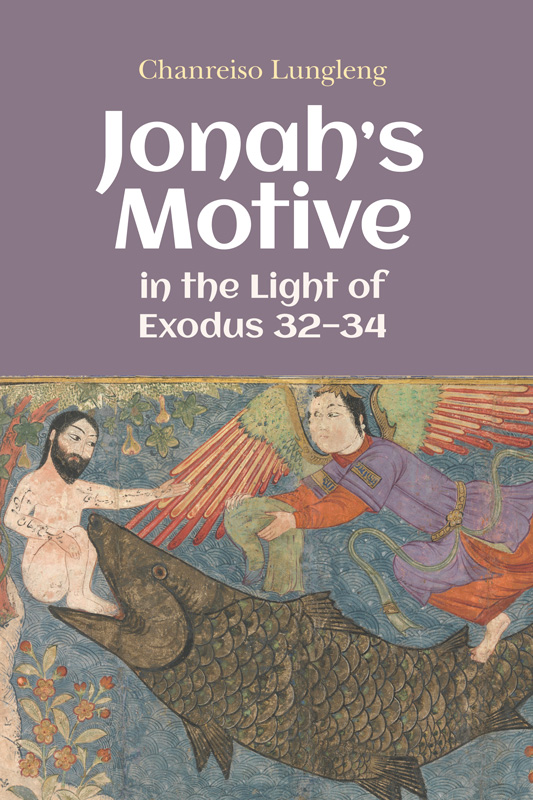
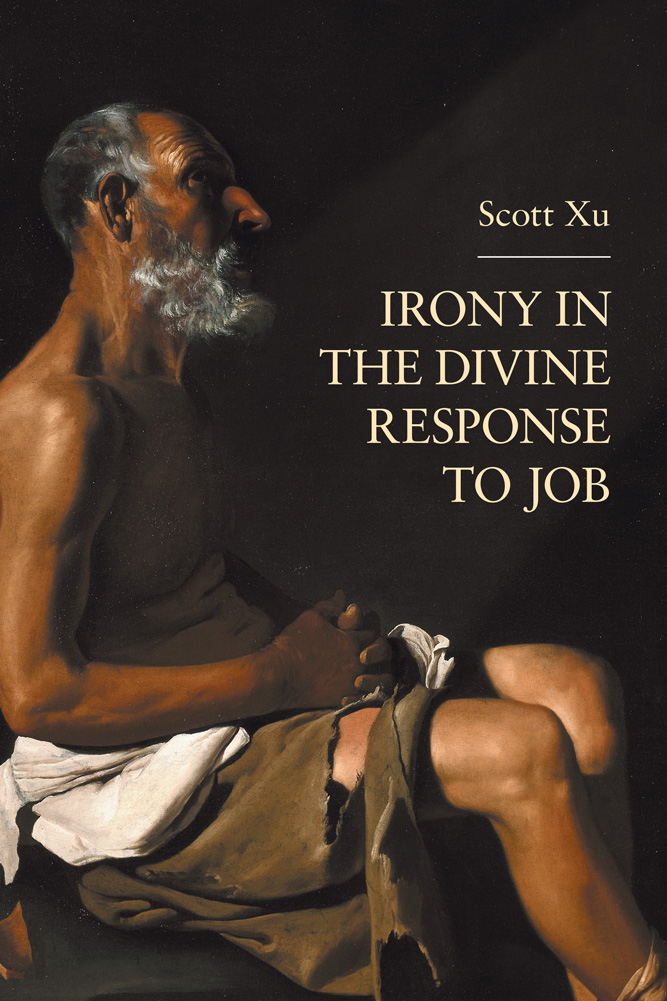
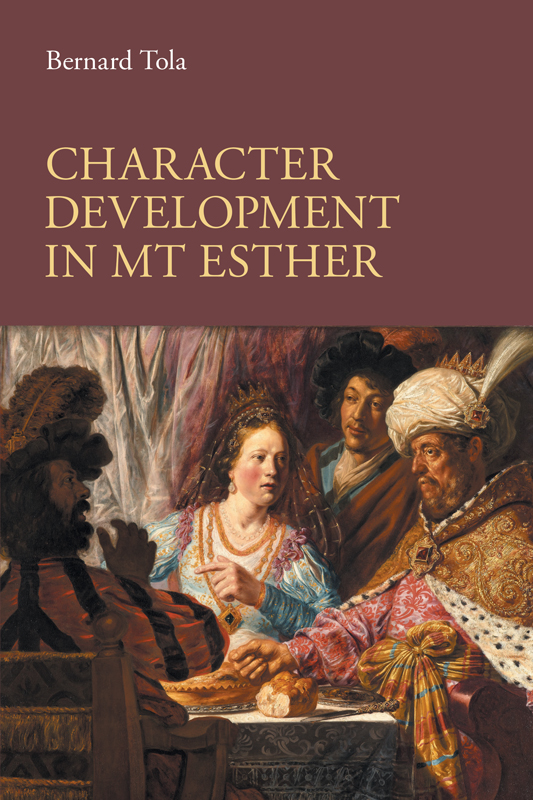

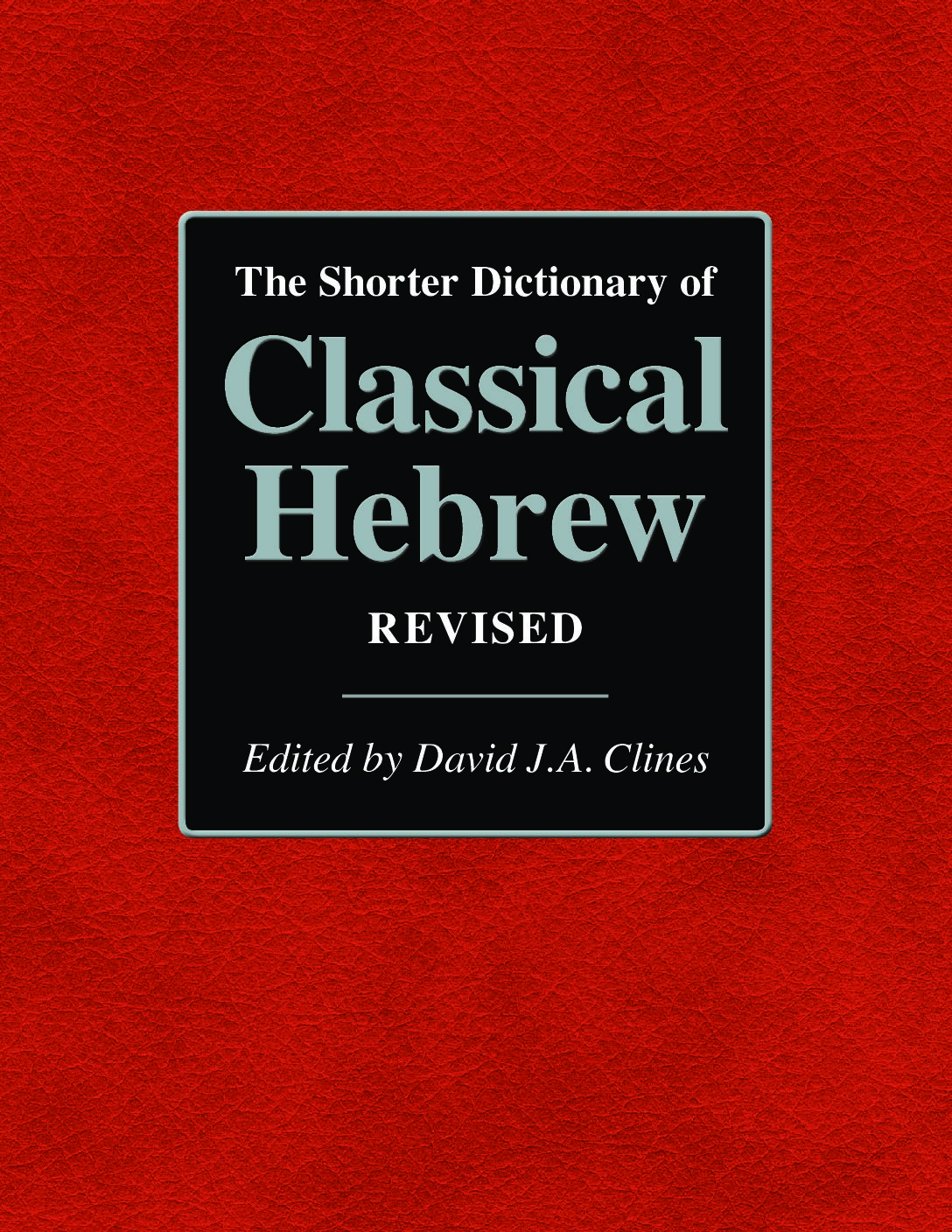

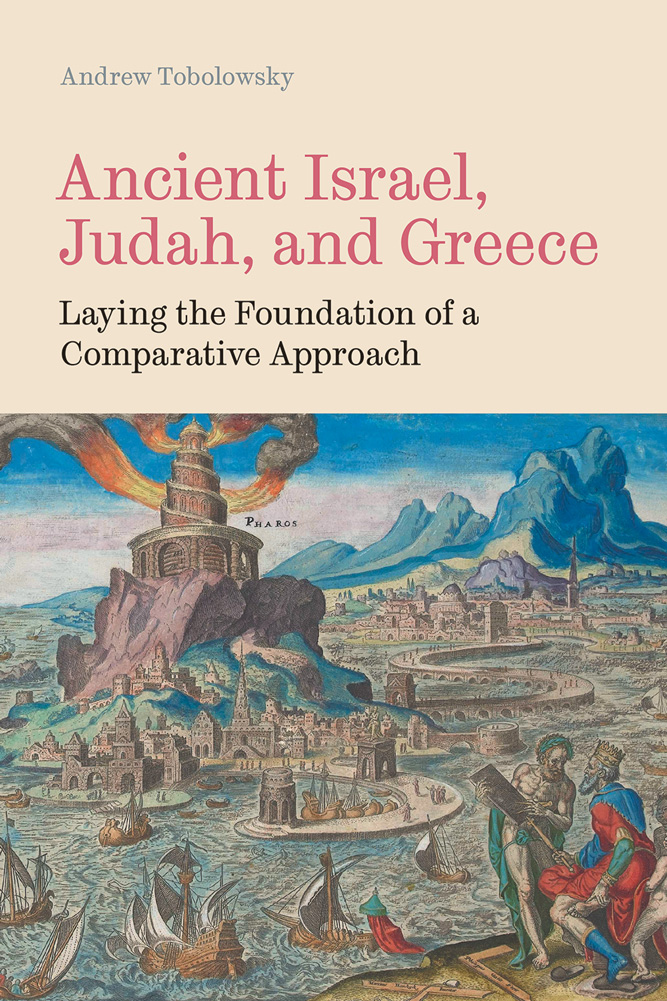
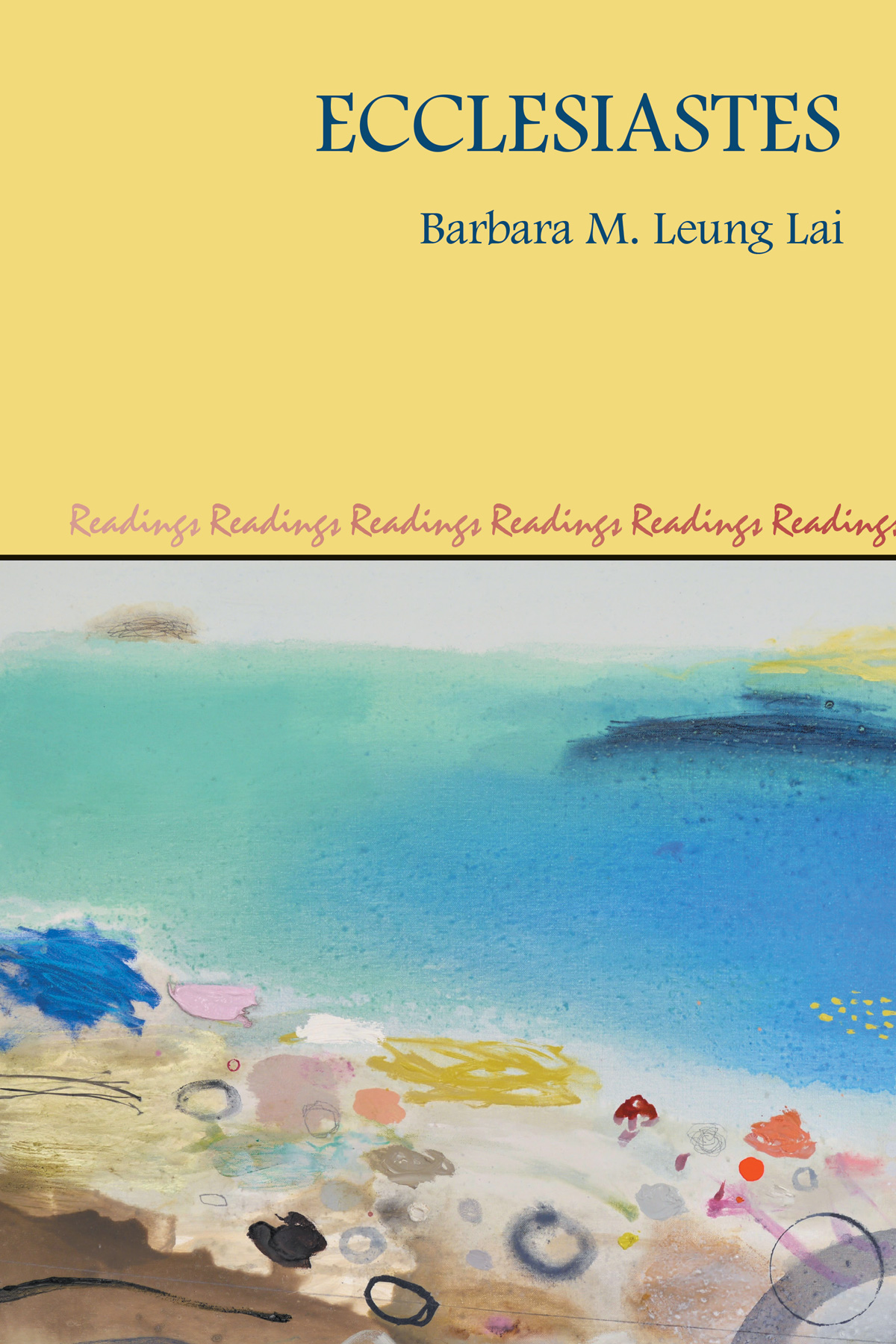
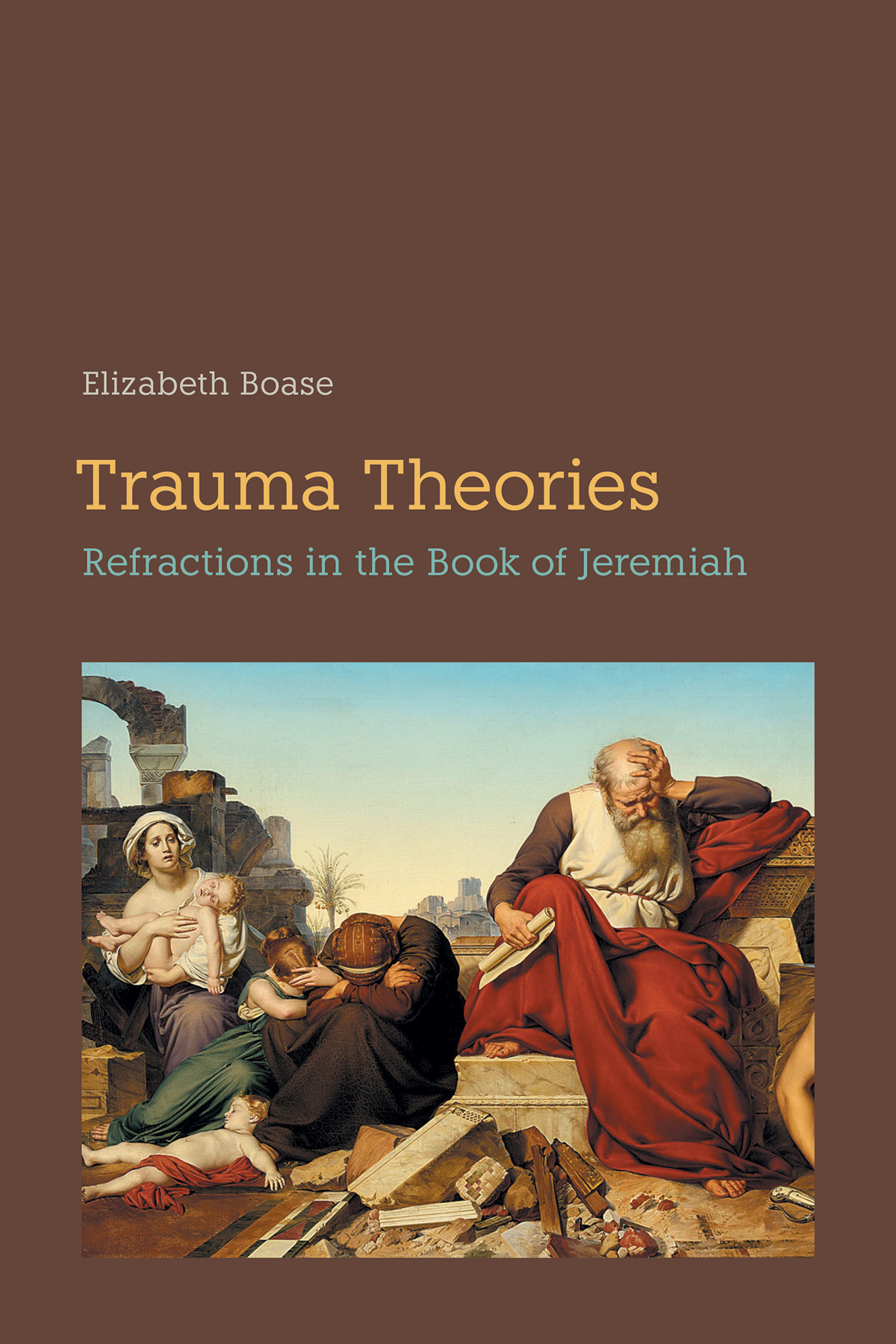
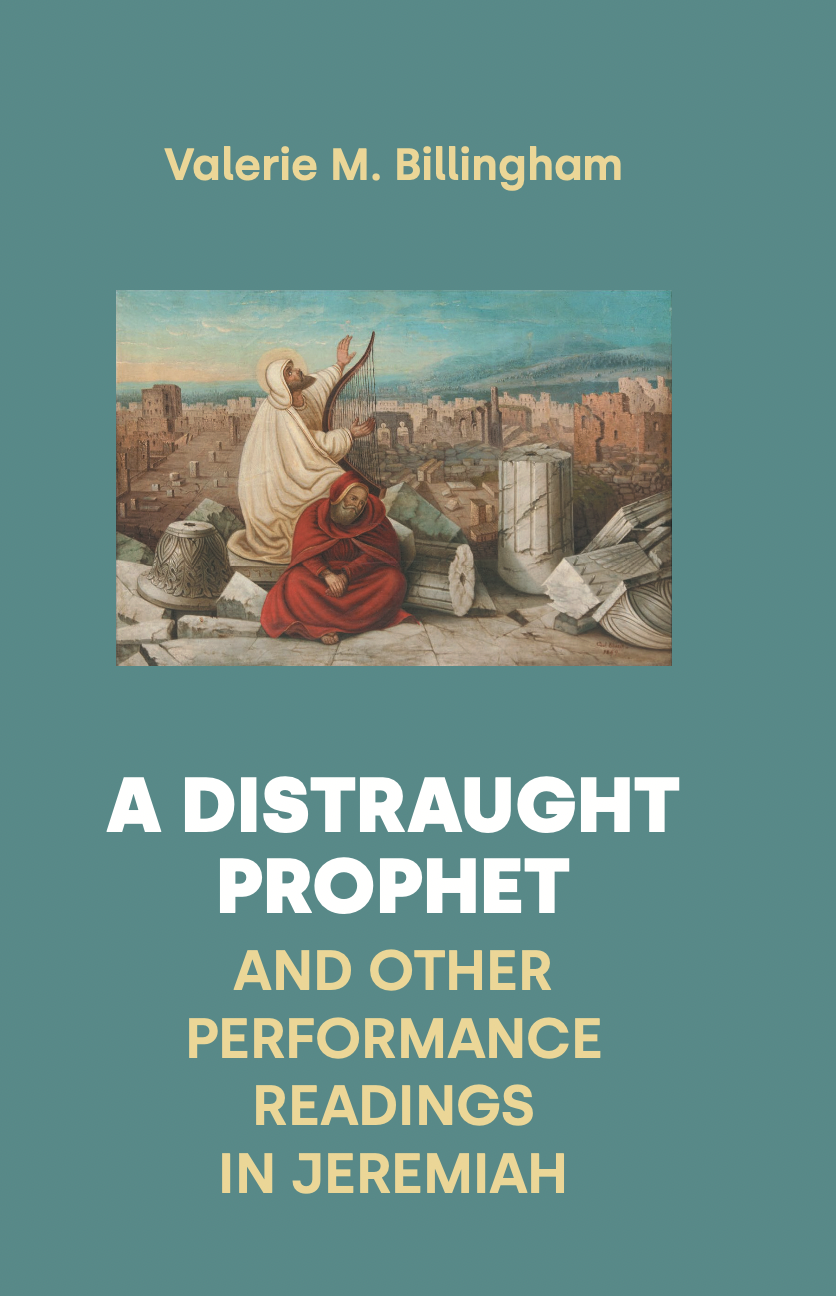
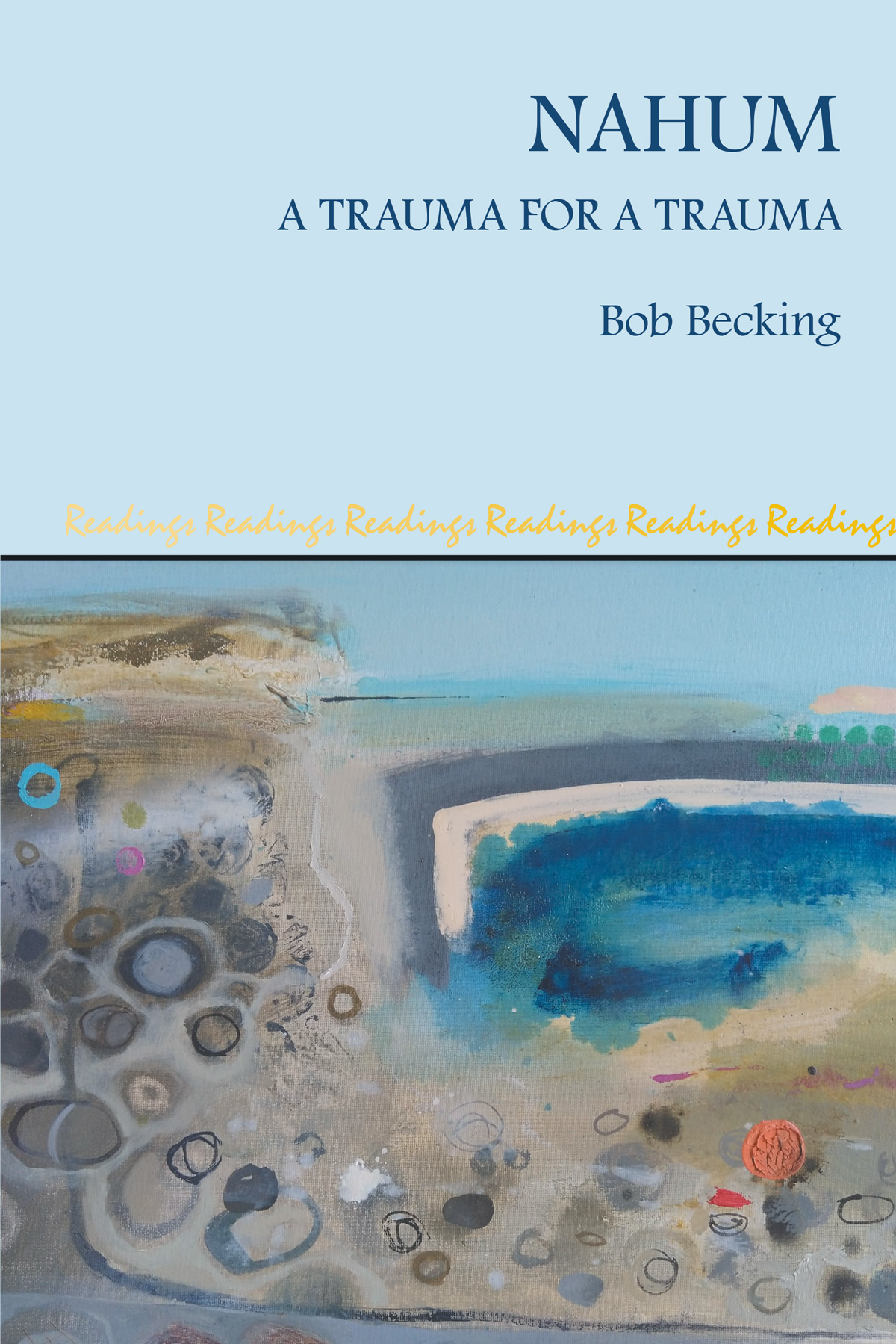

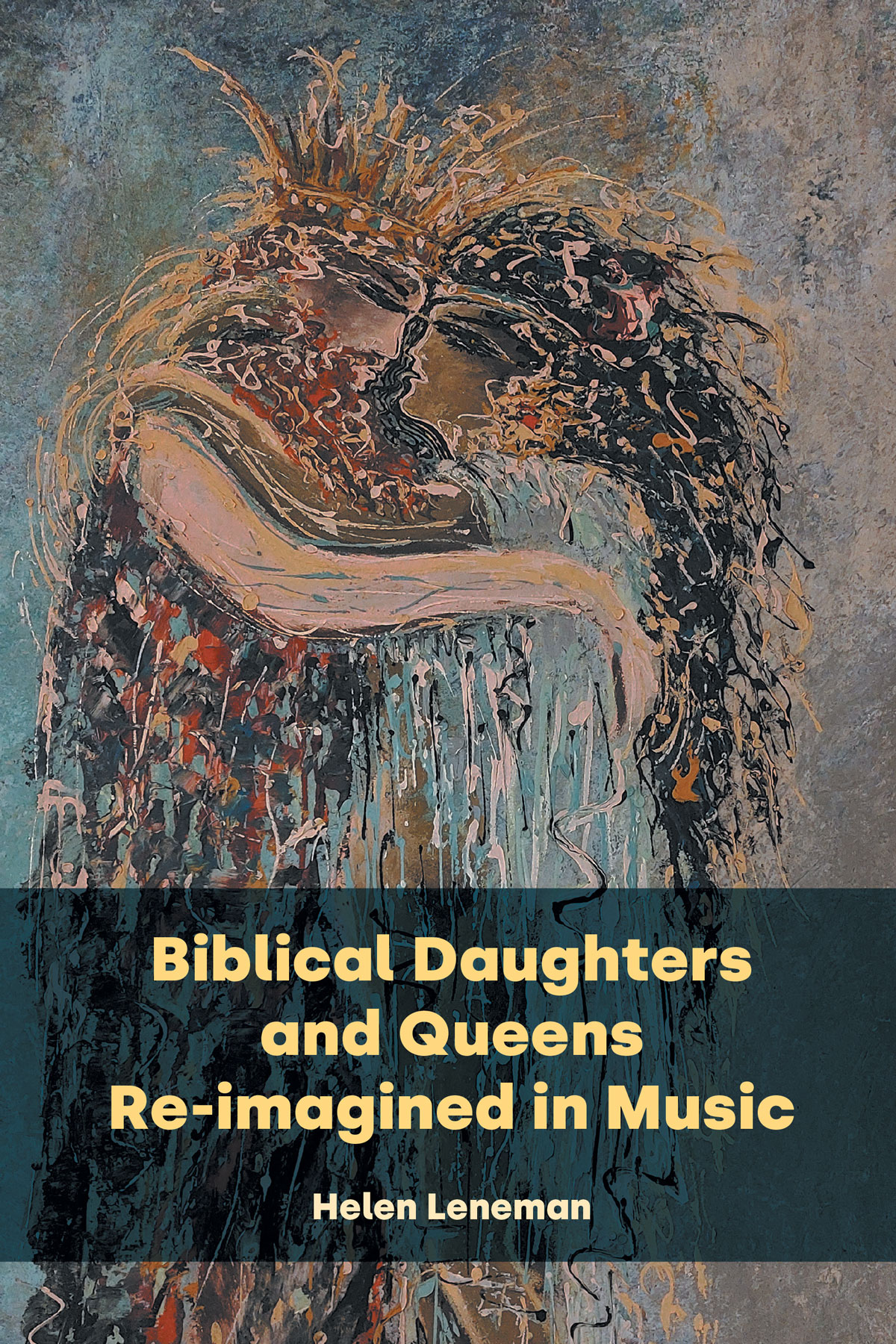
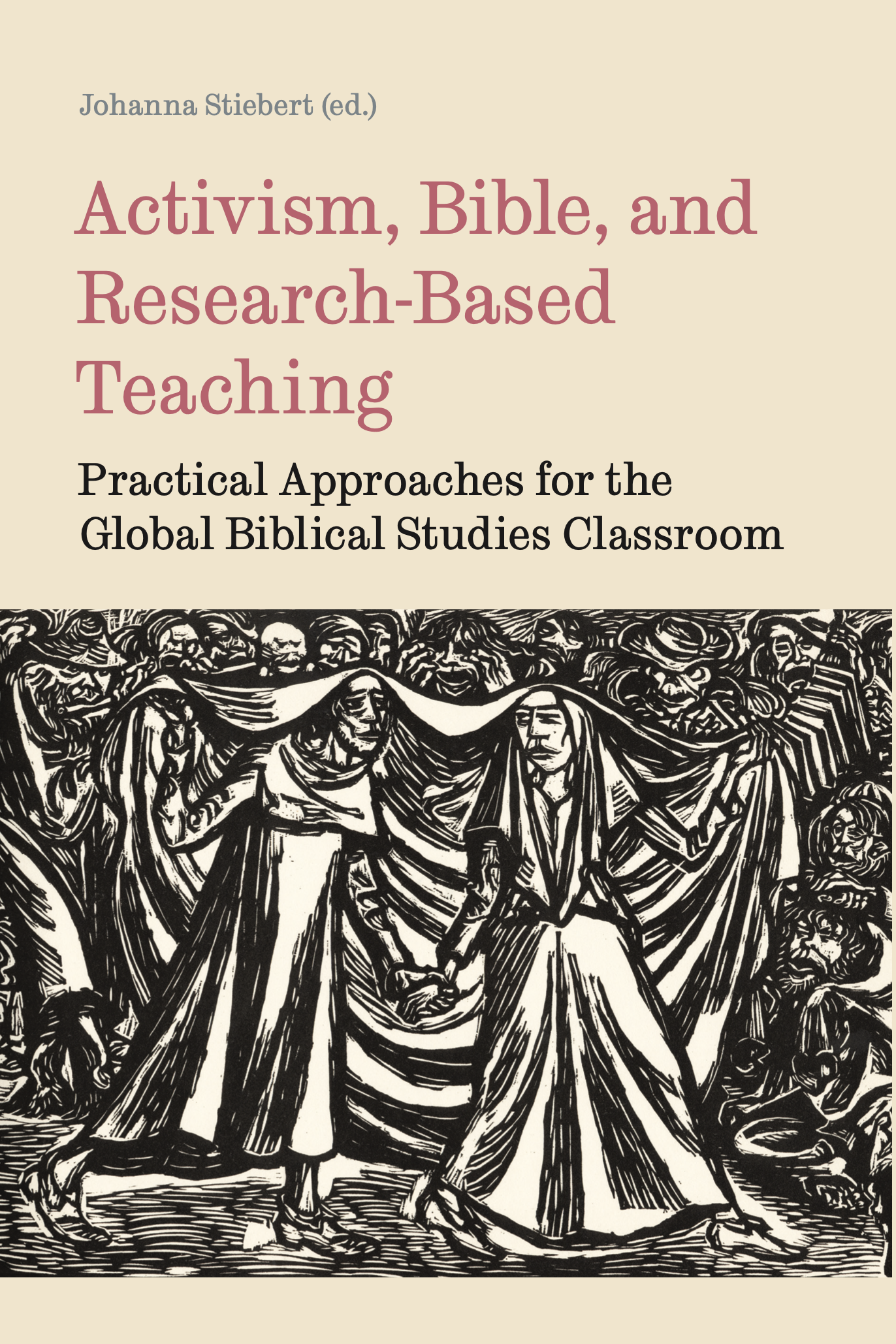
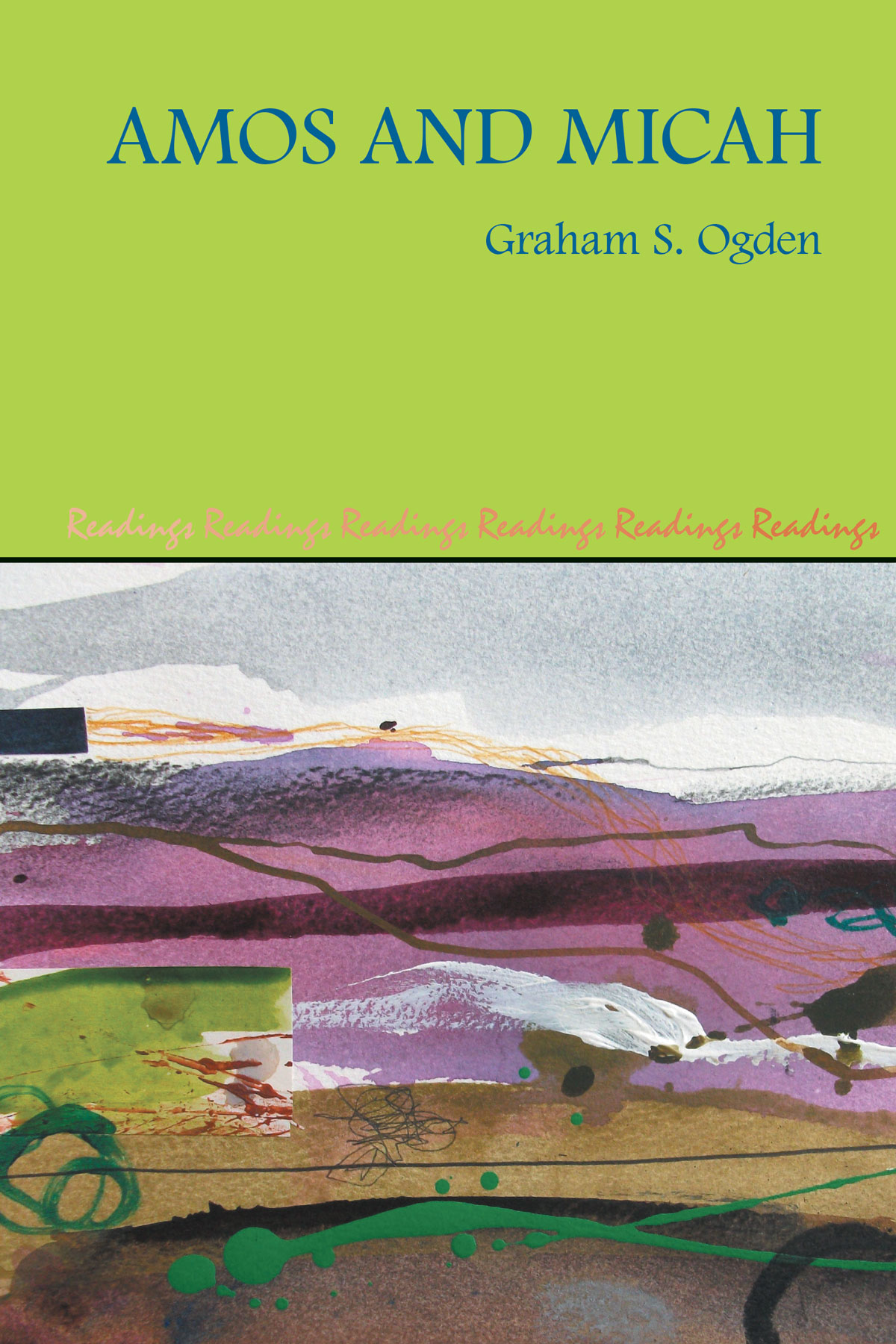
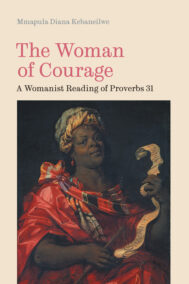
Proverbs 1-9
Proverbs 1-9